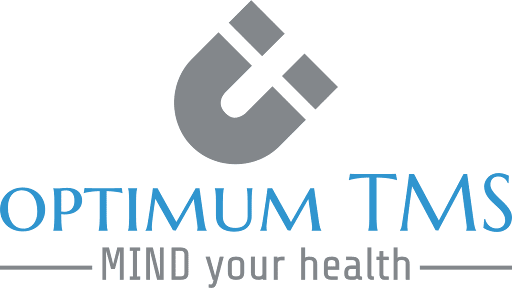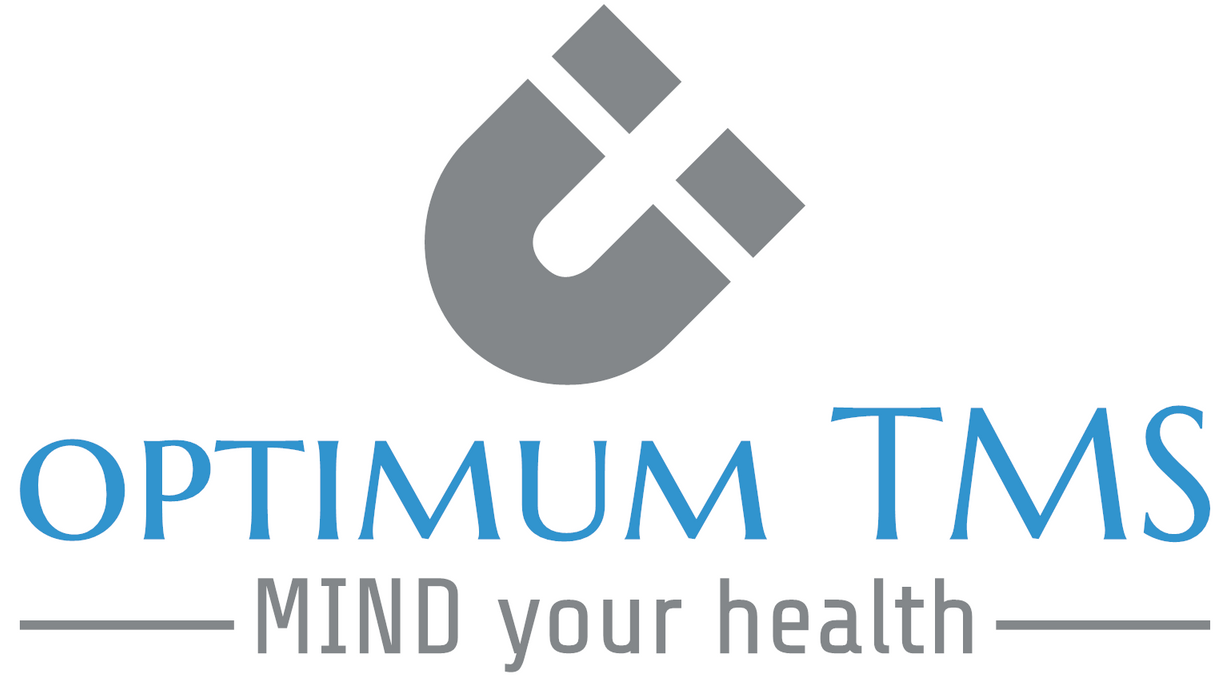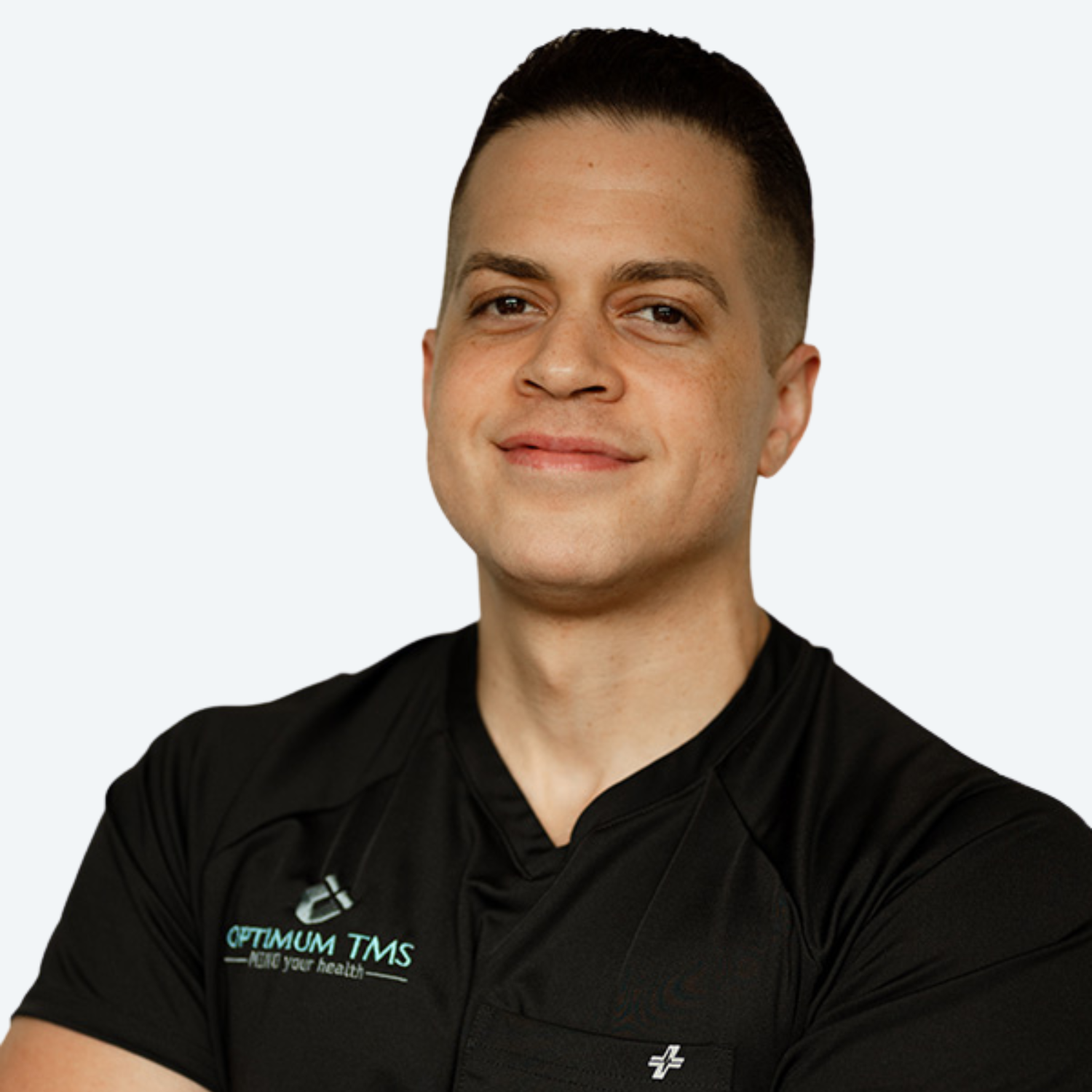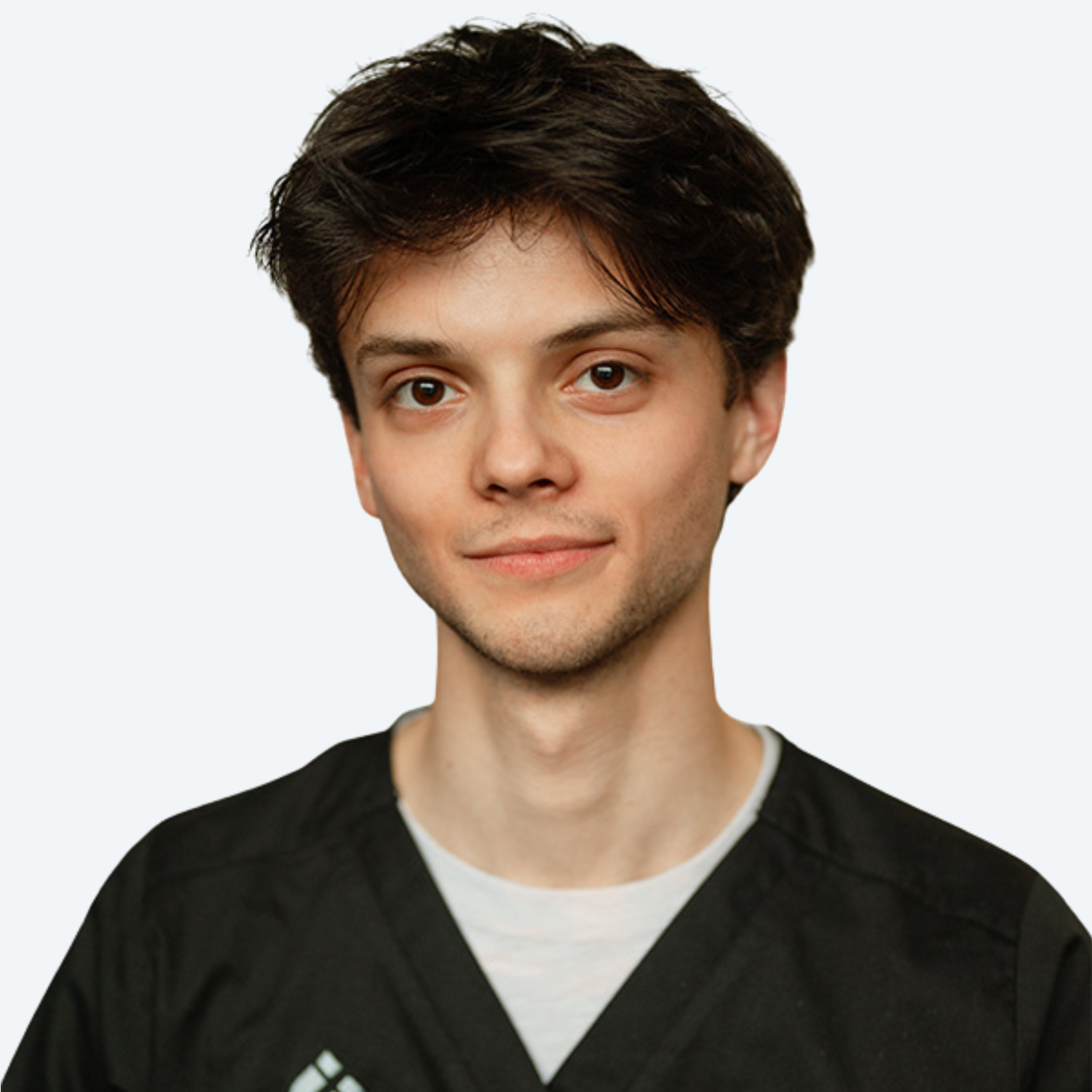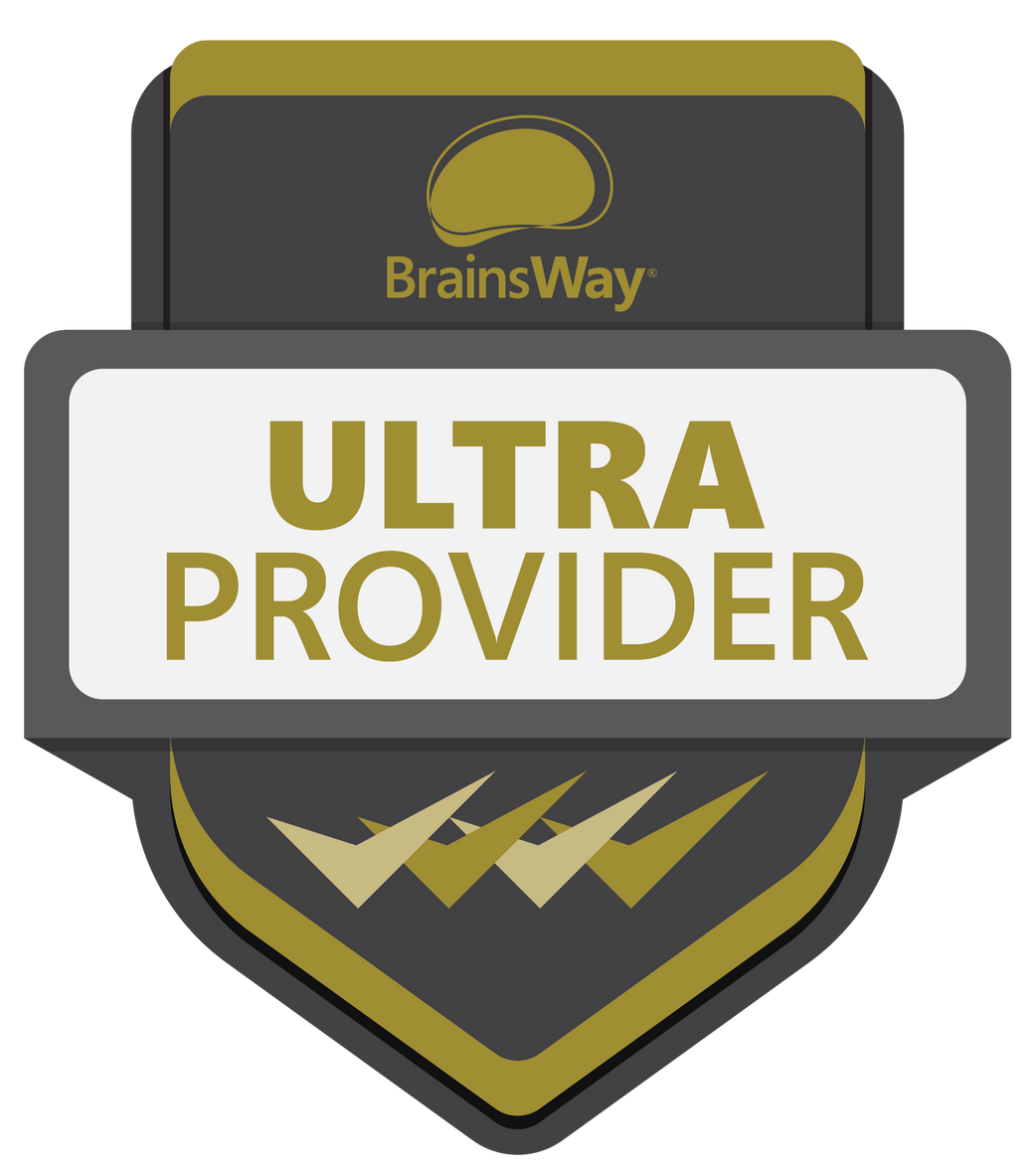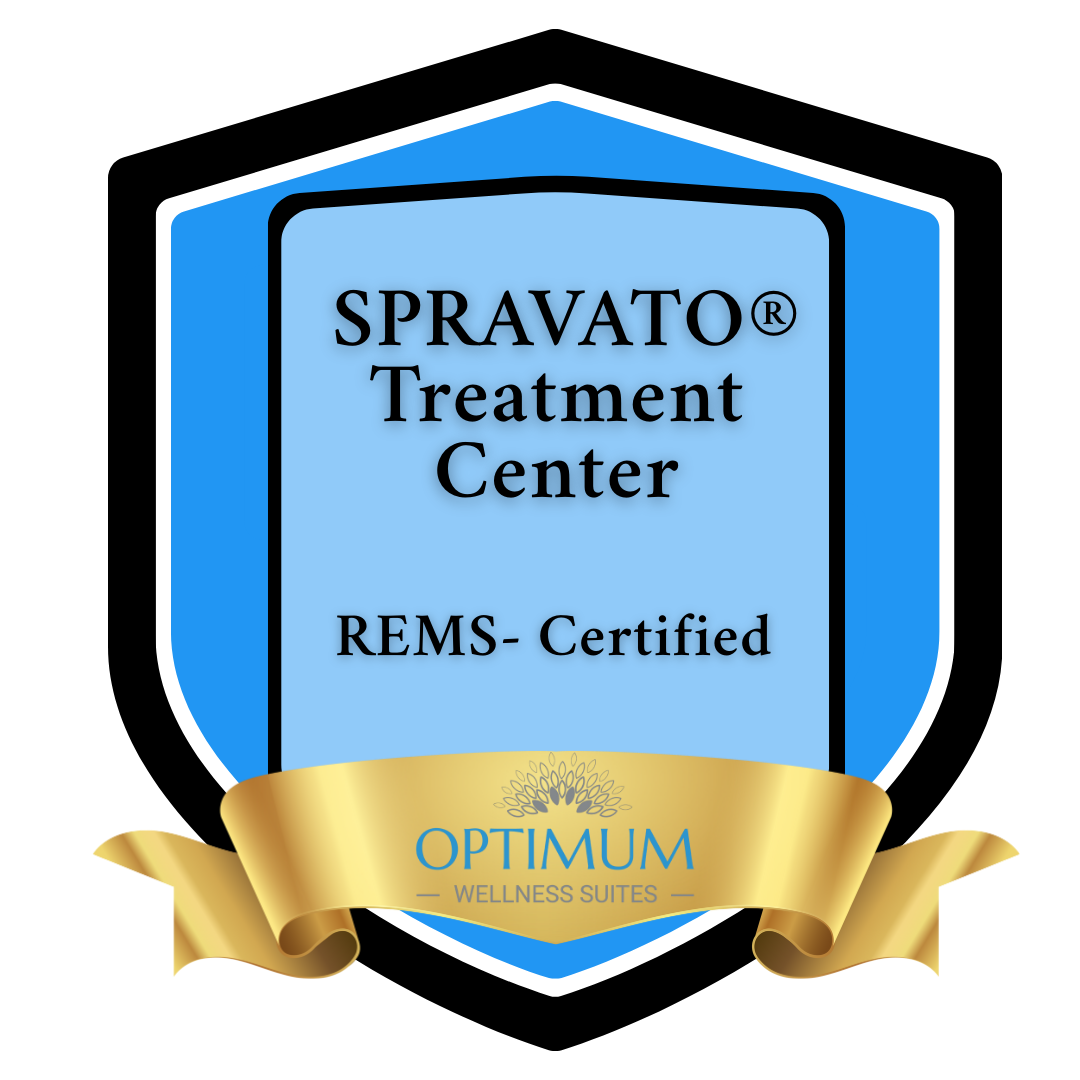50 sessions condensed into just 5 days
Accelerated TMS

5 Day Depression Relief Program in Columbus, OH
Accelerated Transcranial Magnetic Stimulation (TMS) is a modified protocol to standard TMS therapy. It is becoming a more popular form of treatment for individuals who do not see sufficient outcomes from typical treatments (medication and psychotherapy) and would like a fast, effective program.
Accelerated TMS

5 Day Depression Relief Program in Columbus, OH
Accelerated Transcranial Magnetic Stimulation (TMS) is a modified protocol to standard TMS therapy. It is becoming a more popular form of treatment for individuals who do not see sufficient outcomes from typical treatments (medication and psychotherapy) and would like a fast, effective program.
Accelerated TMS

5 Day Depression Relief Program in Columbus, OH
Accelerated Transcranial Magnetic Stimulation (TMS) is a modified protocol to standard TMS therapy. It is becoming a more popular form of treatment for individuals who do not see sufficient outcomes from typical treatments (medication and psychotherapy) and would like a fast, effective program.
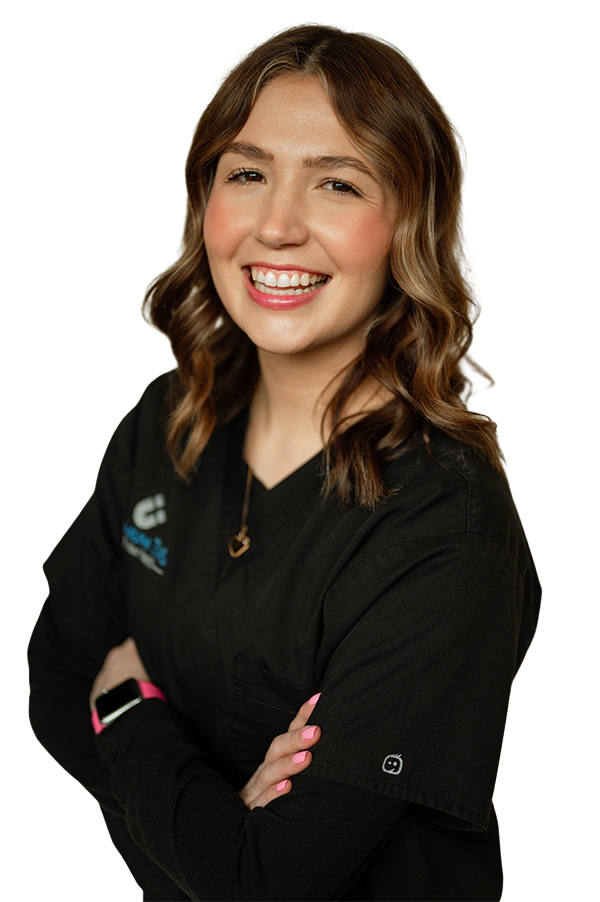
Benefits of Accelerated TMS


FDA-approved protocol with outstanding results

90.5% of patients achieved remission

Benefits of Accelerated TMS

50 sessions condensed into just 5 days

FDA-approved protocol with outstanding results

90.5% of patients achieved remission

Benefits of Accelerated TMS

50 sessions condensed into just 5 days

FDA-approved protocol with outstanding results

90.5% of patients achieved remission
How Does Accelerated TMS Work?
TMS operates by a metal coil that creates a magnetic field to stimulate brain cells. It can be used to stimulate different areas of the brain to achieve specific goals. For instance, treatment for Major Depressive Disorder (MDD) often involves stimulating the left dorsolateral prefrontal cortex of the brain.¹
Accelerated TMS is a separate treatment we offer that is unique to our standard
deep TMS therapy for MDD. Our accelerated TMS protocol uses deep TMS technology whilst shortening the overall period of treatment and maintaining effective outcomes. This is achieved by increasing the frequency of stimulation sessions throughout the week.
Accelerated TMS Protocol for Depression
MDD is a widely prevalent mental health disorder. We recognize that despite a variety of treatments available, some individuals do not respond to traditional therapies. We strive to offer novel treatment approaches to overcome this barrier in mental health care.
At Optimum TMS and Wellness Suites, we prioritize quality of care which includes using advanced technology. We administer treatment with BrainsWay TMS equipment. They specialise in deep TMS which uses machines featuring a H-shaped metal coil. Unlike regular TMS machines that utilize an 8-figure coil, BrainsWay systems are capable of targeting deeper, broader brain regions to deliver stimulation more precisely and effectively.
The intensive accelerated TMS protocol we offer occurs over 5 consecutive days. On each day, we administer 10 sessions of stimulation which last approximately 9.5 minutes each. Specially, patients receive theta burst stimulation, which is an FDA-approved technique for depression treatment. After each individual session, there is a 50-minute waiting time between each session throughout the day. After which, patients rapidly report reduced depressive symptoms. Neuropsychological assessments, including the HAM-D, MADRS, and BDI II, are conducted at several time points to record a baseline and track continuous progress to ensure optimal outcomes for your therapy.
Is Accelerated TMS Effective?
A major advantage accelerated TMS has over regular TMS therapy is its shortened timeline. We understand how difficult it may be to find time to take off consistently over 6 weeks. Further, accelerated TMS delivers 90,000 pulses over the course of the treatment. Comparatively, regular TMS programs administer only 72,000 pulses across a period of up to 6 weeks. Our accelerated TMS therapy means you only need to come in for 5 days, after which many patients report reduced symptoms.
A study conducted by the American Journal of Psychiatry found that
90.5% of participants met remission criteria. Furthermore, their neuropsychological assessment results identified no negative cognitive side effects were sustained from their treatment. These findings indicate that accelerated TMS for MDD is a non-invasive, safe, and effective approach to managing depressive symptoms.²
How Much Does Accelerated TMS Therapy Cost?
We are dedicated to providing exceptional service and care for patients. An inclusive accelerated TMS package is valued at $7,500. It consists of

50 sessions over 5 days

Neuropsychological assessments to record symptomatology

Support from a program coordinator to track individual progress.
The full amount is to be paid prior to beginning treatment. This cost does not include the consultation fee, which is $200.
Please note that currently, insurers do not cover costs associated with accelerated TMS, however, we recognize the importance of accessible healthcare. As such, we accept payment through credit card, cash or
CareCredit.
Your Next Steps
You may be wondering how to best prepare for your TMS treatment. We invite you to a consultation with our medical professionals to provide information about possible accelerated TMS therapy for MDD and whether it is appropriate for your needs.
To reach out,
call 614-933-4200 or visit our
contact page. After booking a consultation, please read our
consultation booklet. Don’t forget to fill out the form at the end of the booklet and bring it along with you to your first appointment.
Upon approval of an appropriate treatment program for you, it is time for you to
come in for your first session!
Just like our other deep TMS treatments, during accelerated TMS sessions you are welcome to listen to music, or podcasts, or engage in other activities to occupy yourself. You will be able to drive yourself home but also may find comfort in bringing a support person, which you are welcome to do.
Reach out soon and get started with us on your mental health journey!
References
¹van Rooij, S.J.H., Arulpragasam, A.R., McDonald, W.M. et al. Accelerated TMS - moving quickly into the future of depression treatment. Neuropsychopharmacol. 49, 128–137 (2024). https://doi.org/10.1038/s41386-023-01599-z
²Cole, E. J., Stimpson, K. H., Bentzley, B. S., Gulser, M., Cherian, K., Tischler, C., Nejad, R., Pankow, H., Choi, E., Aaron, H., Espil, F. M., Pannu, J., Xiao, X., Duvio, D., Solvason, H. B., Hawkins, J., Guerra, A., Jo, B., Raj, K. S., Phillips, A. L., … Williams, N. R. (2020). Stanford Accelerated Intelligent Neuromodulation Therapy for Treatment-Resistant Depression. The American journal of psychiatry, 177(8), 716–726. https://doi.org/10.1176/appi.ajp.2019.19070720
How Does Accelerated TMS Work?
TMS operates by a metal coil that creates a magnetic field to stimulate brain cells. It can be used to stimulate different areas of the brain to achieve specific goals. For instance, treatment for Major Depressive Disorder (MDD) often involves stimulating the left dorsolateral prefrontal cortex of the brain.¹
Accelerated TMS is a separate treatment we offer that is unique to our standard
deep TMS therapy for MDD. Our accelerated TMS protocol uses deep TMS technology whilst shortening the overall period of treatment and maintaining effective outcomes. This is achieved by increasing the frequency of stimulation sessions throughout the week.
Accelerated TMS Protocol for Depression
MDD is a widely prevalent mental health disorder. We recognize that despite a variety of treatments available, some individuals do not respond to traditional therapies. We strive to offer novel treatment approaches to overcome this barrier in mental health care.
At Optimum TMS and Wellness Suites, we prioritize quality of care which includes using advanced technology. We administer treatment with BrainsWay TMS equipment. They specialise in deep TMS which uses machines featuring a H-shaped metal coil. Unlike regular TMS machines that utilize an 8-figure coil, BrainsWay systems are capable of targeting deeper, broader brain regions to deliver stimulation more precisely and effectively.
The intensive accelerated TMS protocol we offer occurs over 5 consecutive days. On each day, we administer 10 sessions of stimulation which last approximately 9.5 minutes each. Specially, patients receive theta burst stimulation, which is an FDA-approved technique for depression treatment. After each individual session, there is a 50-minute waiting time between each session throughout the day. After which, patients rapidly report reduced depressive symptoms. Neuropsychological assessments, including the HAM-D, MADRS, and BDI II, are conducted at several time points to record a baseline and track continuous progress to ensure optimal outcomes for your therapy.
Is Accelerated TMS Effective?
A major advantage accelerated TMS has over regular TMS therapy is its shortened timeline. We understand how difficult it may be to find time to take off consistently over 6 weeks. Further, accelerated TMS delivers 90,000 pulses over the course of the treatment. Comparatively, regular TMS programs administer only 72,000 pulses across a period of up to 6 weeks. Our accelerated TMS therapy means you only need to come in for 5 days, after which many patients report reduced symptoms.
A study conducted by the American Journal of Psychiatry found that
90.5% of participants
met remission criteria. Furthermore, their neuropsychological assessment results identified no negative cognitive side effects were sustained from their treatment. These findings indicate that accelerated TMS for MDD is a non-invasive, safe, and effective approach to managing depressive symptoms.²
How Much Does Accelerated TMS Therapy Cost?
We are dedicated to providing exceptional service and care for patients. An inclusive accelerated TMS package is valued at $7,500. It consists of

50 sessions over 5 days

Neuropsychological assessments to record symptomatology

Support from a program coordinator to track individual progress.
The full amount is to be paid prior to beginning treatment. This cost does not include the consultation fee, which is $200.
Please note that currently, insurers do not cover costs associated with accelerated TMS, however, we recognize the importance of accessible healthcare. As such, we accept payment through credit card, cash or
CareCredit.
Your Next Steps
You may be wondering how to best prepare for your TMS treatment. We invite you to a consultation with our medical professionals to provide information about possible accelerated TMS therapy for MDD and whether it is appropriate for your needs.
To reach out,
call
614-933-4200 or visit our
contact page. After booking a consultation, please read our
consultation booklet. Don’t forget to fill out the form at the end of the booklet and bring it along with you to your first appointment.
Upon approval of an appropriate treatment program for you, it is time for you to
come in for your first session!
Just like our other deep TMS treatments, during accelerated TMS sessions you are welcome to listen to music, or podcasts, or engage in other activities to occupy yourself. You will be able to drive yourself home but also may find comfort in bringing a support person, which you are welcome to do.
Reach out soon
and get started with us on your mental health journey!
References
¹van Rooij, S.J.H., Arulpragasam, A.R., McDonald, W.M. et al. Accelerated TMS - moving quickly into the future of depression treatment. Neuropsychopharmacol. 49, 128–137 (2024). https://doi.org/10.1038/s41386-023-01599-z
²Cole, E. J., Stimpson, K. H., Bentzley, B. S., Gulser, M., Cherian, K., Tischler, C., Nejad, R., Pankow, H., Choi, E., Aaron, H., Espil, F. M., Pannu, J., Xiao, X., Duvio, D., Solvason, H. B., Hawkins, J., Guerra, A., Jo, B., Raj, K. S., Phillips, A. L., … Williams, N. R. (2020). Stanford Accelerated Intelligent Neuromodulation Therapy for Treatment-Resistant Depression. The American journal of psychiatry, 177(8), 716–726. https://doi.org/10.1176/appi.ajp.2019.19070720
How Does Accelerated TMS Work?
TMS operates by a metal coil that creates a magnetic field to stimulate brain cells. It can be used to stimulate different areas of the brain to achieve specific goals. For instance, treatment for Major Depressive Disorder (MDD) often involves stimulating the left dorsolateral prefrontal cortex of the brain.¹
Accelerated TMS is a separate treatment we offer that is unique to our standard
deep TMS therapy for MDD. Our accelerated TMS protocol uses deep TMS technology whilst shortening the overall period of treatment and maintaining effective outcomes. This is achieved by increasing the frequency of stimulation sessions throughout the week.
Accelerated TMS Protocol for Depression
MDD is a widely prevalent mental health disorder. We recognize that despite a variety of treatments available, some individuals do not respond to traditional therapies. We strive to offer novel treatment approaches to overcome this barrier in mental health care.
At Optimum TMS and Wellness Suites, we prioritize quality of care which includes using advanced technology. We administer treatment with BrainsWay TMS equipment. They specialise in deep TMS which uses machines featuring a H-shaped metal coil. Unlike regular TMS machines that utilize an 8-figure coil, BrainsWay systems are capable of targeting deeper, broader brain regions to deliver stimulation more precisely and effectively.
The intensive accelerated TMS protocol we offer occurs over 5 consecutive days. On each day, we administer 10 sessions of stimulation which last approximately 9.5 minutes each. Specially, patients receive theta burst stimulation, which is an FDA-approved technique for depression treatment. After each individual session, there is a 50-minute waiting time between each session throughout the day. After which, patients rapidly report reduced depressive symptoms. Neuropsychological assessments, including the HAM-D, MADRS, and BDI II, are conducted at several time points to record a baseline and track continuous progress to ensure optimal outcomes for your therapy.
Is Accelerated TMS Effective?
A major advantage accelerated TMS has over regular TMS therapy is its shortened timeline. We understand how difficult it may be to find time to take off consistently over 6 weeks. Further, accelerated TMS delivers 90,000 pulses over the course of the treatment. Comparatively, regular TMS programs administer only 72,000 pulses across a period of up to 6 weeks. Our accelerated TMS therapy means you only need to come in for 5 days, after which many patients report reduced symptoms.
A study conducted by the American Journal of Psychiatry found that
90.5% of participants met remission criteria. Furthermore, their neuropsychological assessment results identified no negative cognitive side effects were sustained from their treatment. These findings indicate that accelerated TMS for MDD is a non-invasive, safe, and effective approach to managing depressive symptoms.²
How Much Does Accelerated TMS Therapy Cost?
We are dedicated to providing exceptional service and care for patients. An inclusive accelerated TMS package is valued at $7,500. It consists of

50 sessions over 5 days

Neuropsychological assessments to record symptomatology

Support from a program coordinator to track individual progress.
The full amount is to be paid prior to beginning treatment. This cost does not include the consultation fee, which is $200.
Please note that currently, insurers do not cover costs associated with accelerated TMS, however, we recognize the importance of accessible healthcare. As such, we accept payment through credit card, cash or
CareCredit.
Your Next Steps
You may be wondering how to best prepare for your TMS treatment. We invite you to a consultation with our medical professionals to provide information about possible accelerated TMS therapy for MDD and whether it is appropriate for your needs.
To reach out,
call 614-933-4200 or visit our
contact page. After booking a consultation, please read our
consultation booklet. Don’t forget to fill out the form at the end of the booklet and bring it along with you to your first appointment.
Upon approval of an appropriate treatment program for you, it is time for you to
come in for your first session!
Just like our other deep TMS treatments, during accelerated TMS sessions you are welcome to listen to music, or podcasts, or engage in other activities to occupy yourself. You will be able to drive yourself home but also may find comfort in bringing a support person, which you are welcome to do.
Reach out soon and get started with us on your mental health journey!
References
¹van Rooij, S.J.H., Arulpragasam, A.R., McDonald, W.M. et al. Accelerated TMS - moving quickly into the future of depression treatment. Neuropsychopharmacol. 49, 128–137 (2024). https://doi.org/10.1038/s41386-023-01599-z
²Cole, E. J., Stimpson, K. H., Bentzley, B. S., Gulser, M., Cherian, K., Tischler, C., Nejad, R., Pankow, H., Choi, E., Aaron, H., Espil, F. M., Pannu, J., Xiao, X., Duvio, D., Solvason, H. B., Hawkins, J., Guerra, A., Jo, B., Raj, K. S., Phillips, A. L., … Williams, N. R. (2020). Stanford Accelerated Intelligent Neuromodulation Therapy for Treatment-Resistant Depression. The American journal of psychiatry, 177(8), 716–726. https://doi.org/10.1176/appi.ajp.2019.19070720
Take Control of Your Mental Health
Worried about the cost or unsure if TMS is the right treatment for you? Discover our flexible payment options and see how TMS could transform your mental health journey.
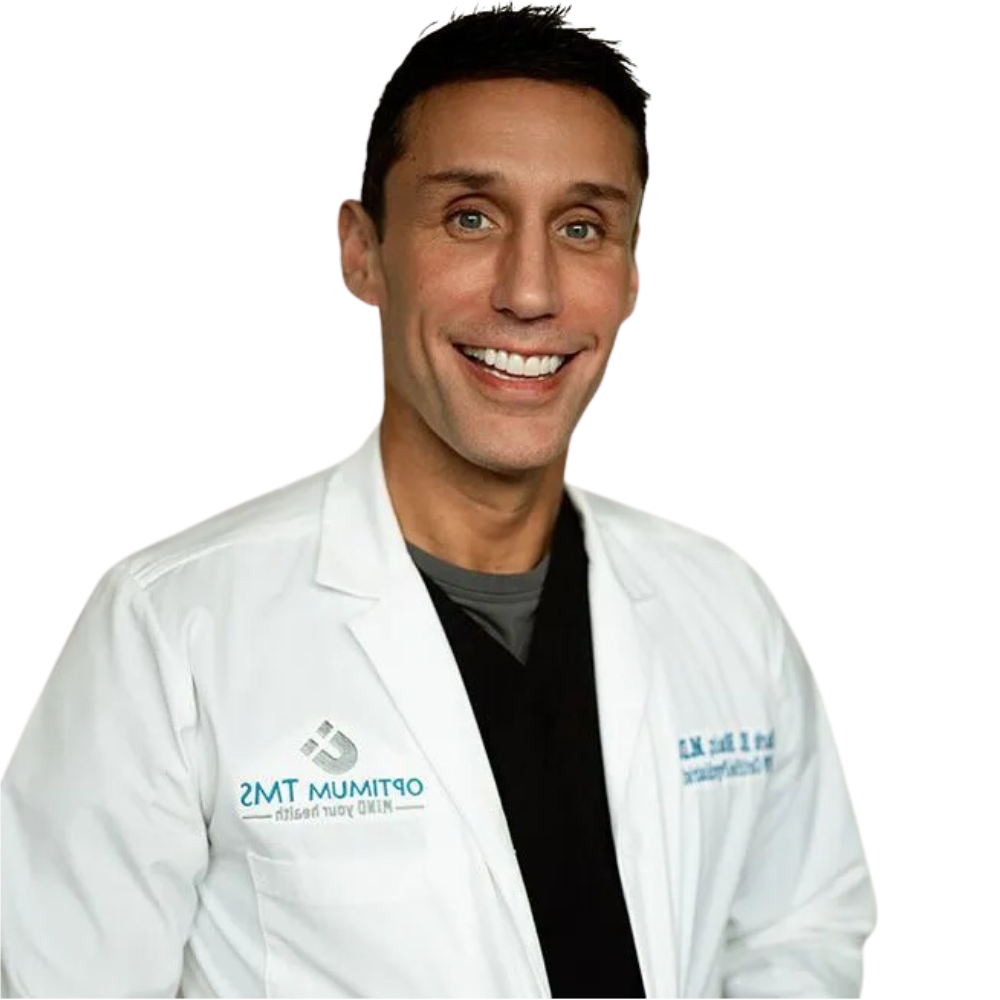
For more information about accelerated TMS therapy or to schedule an appointment, call us at
614-933-4200
or
visit our contact page.
For more information about accelerated TMS therapy or to schedule an appointment, call us at
614-933-4200
or
visit our contact page.

"I just finished a full course of TMS at Optimum and had a fantastic overall experience! The treatment itself worked even better than I expected - which was shocking for me, given that I have struggled with treatment resistant depression for most of my life and was in the worst depressive episode I’d had in years when I started TMS. My symptoms decreased enough to make a HUGE difference in my day to day life, and it gave me the energy and motivation to keep investing in my mental health post-TMS. The entire staff is thoughtful, funny, and super friendly, and they were always very quick to help me accommodate my changing schedule and work with my insurance..."
Poppi
Services & Resources

Are there side effects?
Generally, TMS is well-tolerated. Some patients have reported slight headaches, toothaches, or some discomfort at the treatment site, though they subside at the end of each treatment session.
Can TMS help with PTSD or anxiety?
In the United States, the FDA has only approved TMS for treatment-resistant major depressive disorder and obsessive-compulsive disorder. However, numerous clinical trials provide evidence that TMS can safely and effectively treat other conditions, such as anxiety, PTSD, Parkinson’s disease, and ADHD. Symptoms of these illnesses may improve even when the primary treatment goal is to alleviate symptoms of clinical depression and/or OCD. Currently, our office does not explicitly use TMS to treat Bipolar Disorder, Psychosis, or Schizophrenia.
Does insurance cover TMS treatment?
TMS costs are more affordable than you may have heard. Most insurances including Medicare provide coverage for TMS as it is becoming more sought after by patients.
We can help you find out whether your insurance will cover treatment! We can then provide an estimate of your out-of-pocket costs, and discuss flexible payment arrangements, if necessary.
Will this work?
TMS therapy has demonstrated successful results in research and in practice for many, especially for individuals with treatment-resistant depression. For instance, results in our clinic have shown that about 75% of our patients were responsive to TMS treatment for depression (ie. they had a reduction in symptoms of at least 50%). 50% of our patients achieved full remission of their depressive symptoms. TMS for OCD has varied results.
Is TMS different to Shock Therapy (ECT)?
Yes. Both treatments have been shown to be helpful for treatment-resistant depression. ECT may be preferred for patients with depression characterized by psychotic features (eg. catatonia, active suicidal thoughts). Unlike TMS, ECT is invasive, requires anesthesia, and electric shocks. TMS uses safe, non-invasive electromagnetic pulses.
We do not specialize in ECT services.
Can everyone undergo TMS therapy?
Although it is a safe method, TMS is contraindicated in patients with a history of seizures and with implanted metallic devices or non-removable metallic objects in or around the head (except for standard amalgam dental fillings).
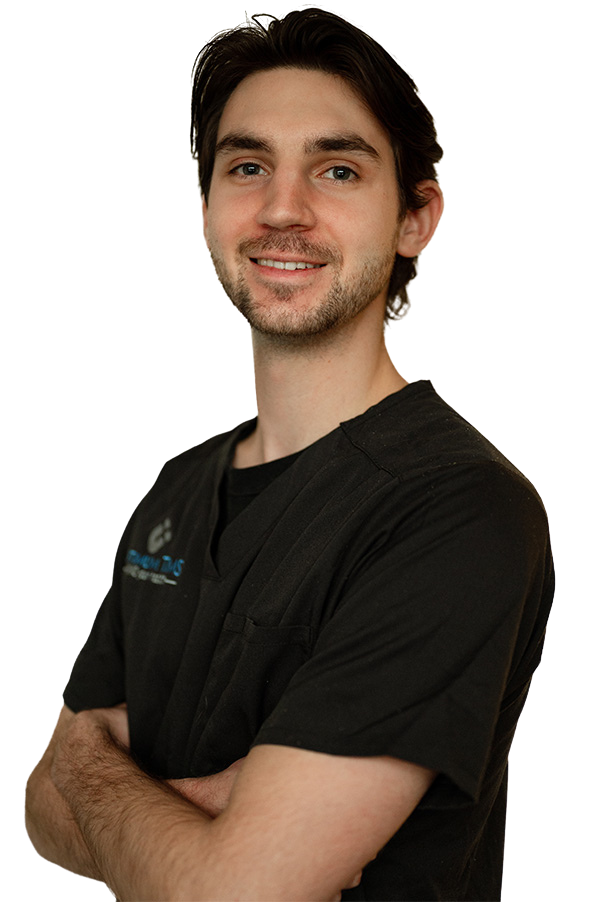
Serving Ohio Since 2017
Why Choose Optimum TMS
Our team of board-certified psychiatrists, psychiatric nurse practitioners, TMS technicians, and compassionate administration members are dedicated to providing accessible, patient-centered care and want to ensure your comfort in proceeding with any treatment.
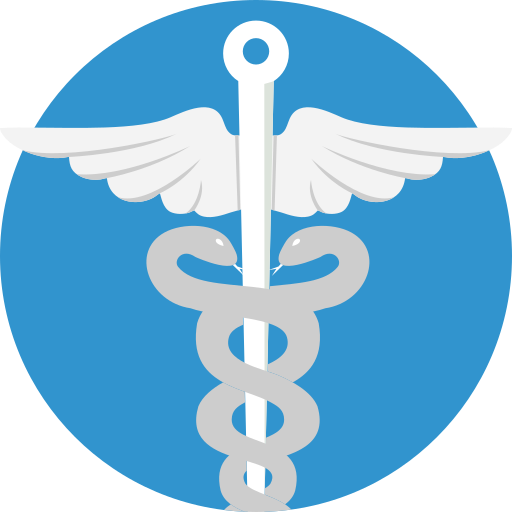
Insurance Accepted
Including Medicare
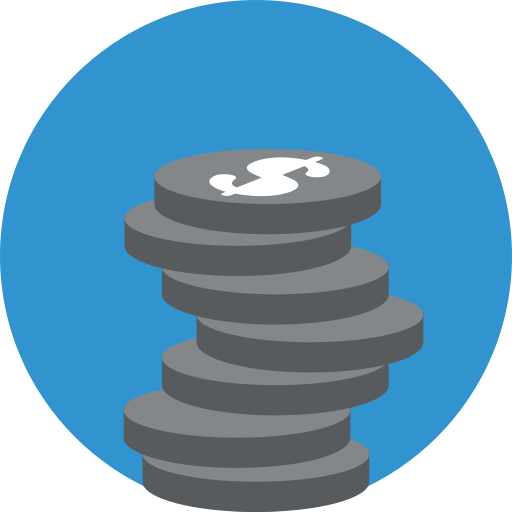
Financing Available
With CareCredit

Personalized Treatment
Tailored to You
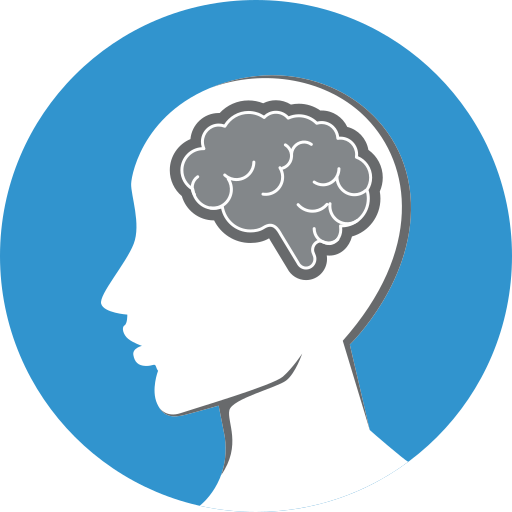
Combined Treatments
Spravato and TMS
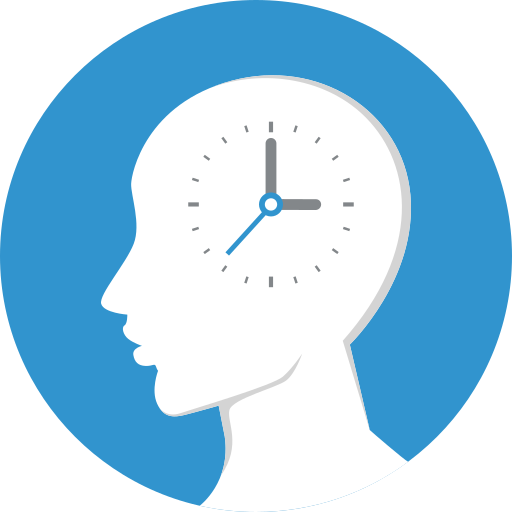
Accelerated TMS
5 Day Relief Program
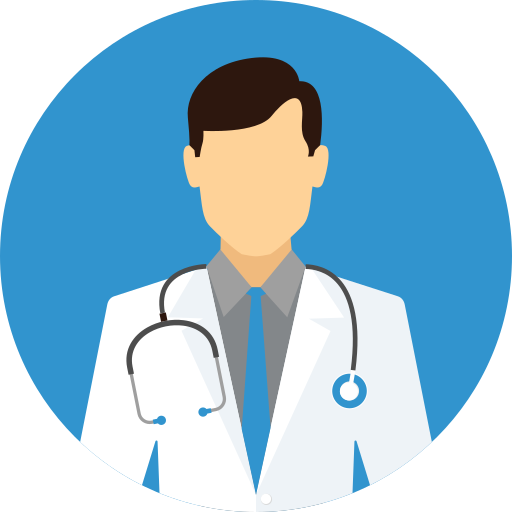
Expert Care
Board-Certified Psychiatrist
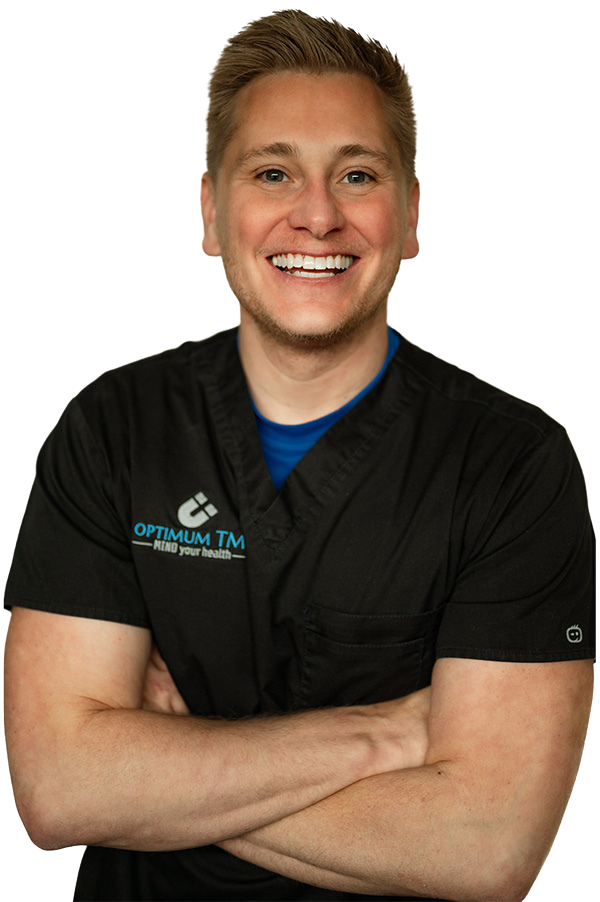
Flexible Plans to Fit Your Budget
We’re committed to making TMS therapy as accessible as possible
Self-Pay Options: Pay upfront or divide costs into manageable installments, for instance, an out-of-pocket cost of $1,000 can be spread over 60 months for as little as $17/month.
Insurance Coverage: We work with leading providers like Aetna, Cigna, Medicare, and more, and can assist in navigating coverage criteria.
CareCredit: Finance your treatment with CareCredit, allowing for tailored payment plans.
Contact Us
We will get back to you as soon as possible.
Please try again later.

For more information about accelerated TMS therapy or to schedule an appointment, call us at
614-933-4200
or
visit our contact page.
"I just finished a full course of TMS at Optimum and had a fantastic overall experience! The treatment itself worked even better than I expected - which was shocking for me, given that I have struggled with treatment resistant depression for most of my life and was in the worst depressive episode I’d had in years when I started TMS. My symptoms decreased enough to make a HUGE difference in my day to day life, and it gave me the energy and motivation to keep investing in my mental health post-TMS. The entire staff is thoughtful, funny, and super friendly, and they were always very quick to help me accommodate my changing schedule and work with my insurance..."
Poppi
Services & Resources

Are there side effects?
Generally, TMS is well-tolerated. Some patients have reported slight headaches, toothaches, or some discomfort at the treatment site, though they subside at the end of each treatment session.
Can TMS help with PTSD or anxiety?
In the United States, the FDA has only approved TMS for treatment-resistant major depressive disorder and obsessive-compulsive disorder. However, numerous clinical trials provide evidence that TMS can safely and effectively treat other conditions, such as anxiety, PTSD, Parkinson’s disease, and ADHD. Symptoms of these illnesses may improve even when the primary treatment goal is to alleviate symptoms of clinical depression and/or OCD. Currently, our office does not explicitly use TMS to treat Bipolar Disorder, Psychosis, or Schizophrenia.
Does insurance cover TMS treatment?
TMS costs are more affordable than you may have heard. Most insurances including Medicare provide coverage for TMS as it is becoming more sought after by patients.
We can help you find out whether your insurance will cover treatment! We can then provide an estimate of your out-of-pocket costs, and discuss flexible payment arrangements, if necessary.
Will this work?
TMS therapy has demonstrated successful results in research and in practice for many, especially for individuals with treatment-resistant depression. For instance, results in our clinic have shown that about 75% of our patients were responsive to TMS treatment for depression (ie. they had a reduction in symptoms of at least 50%). 50% of our patients achieved full remission of their depressive symptoms. TMS for OCD has varied results.
Is TMS different to Shock Therapy (ECT)?
Yes. Both treatments have been shown to be helpful for treatment-resistant depression. ECT may be preferred for patients with depression characterized by psychotic features (eg. catatonia, active suicidal thoughts). Unlike TMS, ECT is invasive, requires anesthesia, and electric shocks. TMS uses safe, non-invasive electromagnetic pulses.
We do not specialize in ECT services.
Can everyone undergo TMS therapy?
Although it is a safe method, TMS is contraindicated in patients with a history of seizures and with implanted metallic devices or non-removable metallic objects in or around the head (except for standard amalgam dental fillings).
Serving Ohio Since 2017
Why Choose Optimum TMS
Our team of board-certified psychiatrists, psychiatric nurse practitioners, TMS technicians, and compassionate administration members are dedicated to providing accessible, patient-centered care and want to ensure your comfort in proceeding with any treatment.


Insurance Accepted
Including Medicare

Financing Available
With CareCredit

Accelerated TMS
5 Day Relief Program

Personalized Treatment
Tailored to You

Combined Treatments
Spravato and TMS

Expert Care
Board-Certified Psychiatrist

Flexible Plans to Fit Your Budget
We’re committed to making TMS therapy as accessible as possible

Self-Pay Options: Pay upfront or divide costs into manageable installments, for instance, an out-of-pocket cost of $1,000 can be spread over 60 months for as little as $17/month.

Insurance Coverage: We work with leading providers like Aetna, Cigna, Medicare, and more, and can assist in navigating coverage criteria.

CareCredit: Finance your treatment with CareCredit, allowing for tailored payment plans.
Contact Us
Call
614-933-4200
or complete our simple online form.

Contact Us
We will get back to you as soon as possible.
Please try again later.
"I just finished a full course of TMS at Optimum and had a fantastic overall experience! The treatment itself worked even better than I expected - which was shocking for me, given that I have struggled with treatment resistant depression for most of my life and was in the worst depressive episode I’d had in years when I started TMS. My symptoms decreased enough to make a HUGE difference in my day to day life, and it gave me the energy and motivation to keep investing in my mental health post-TMS. The entire staff is thoughtful, funny, and super friendly, and they were always very quick to help me accommodate my changing schedule and work with my insurance..."
Poppi
Services & Resources

Are there side effects?
Generally, TMS is well-tolerated. Some patients have reported slight headaches, toothaches, or some discomfort at the treatment site, though they subside at the end of each treatment session.
Can TMS help with PTSD or anxiety?
In the United States, the FDA has only approved TMS for treatment-resistant major depressive disorder and obsessive-compulsive disorder. However, numerous clinical trials provide evidence that TMS can safely and effectively treat other conditions, such as anxiety, PTSD, Parkinson’s disease, and ADHD. Symptoms of these illnesses may improve even when the primary treatment goal is to alleviate symptoms of clinical depression and/or OCD. Currently, our office does not explicitly use TMS to treat Bipolar Disorder, Psychosis, or Schizophrenia.
Does insurance cover TMS treatment?
TMS costs are more affordable than you may have heard. Most insurances including Medicare provide coverage for TMS as it is becoming more sought after by patients.
We can help you find out whether your insurance will cover treatment! We can then provide an estimate of your out-of-pocket costs, and discuss flexible payment arrangements, if necessary.
Will this work?
TMS therapy has demonstrated successful results in research and in practice for many, especially for individuals with treatment-resistant depression. For instance, results in our clinic have shown that about 75% of our patients were responsive to TMS treatment for depression (ie. they had a reduction in symptoms of at least 50%). 50% of our patients achieved full remission of their depressive symptoms. TMS for OCD has varied results.
Is TMS different to Shock Therapy (ECT)?
Yes. Both treatments have been shown to be helpful for treatment-resistant depression. ECT may be preferred for patients with depression characterized by psychotic features (eg. catatonia, active suicidal thoughts). Unlike TMS, ECT is invasive, requires anesthesia, and electric shocks. TMS uses safe, non-invasive electromagnetic pulses.
We do not specialize in ECT services.
Can everyone undergo TMS therapy?
Although it is a safe method, TMS is contraindicated in patients with a history of seizures and with implanted metallic devices or non-removable metallic objects in or around the head (except for standard amalgam dental fillings).
Serving Ohio Since 2017
Why Choose Optimum TMS
Our team of board-certified psychiatrists, psychiatric nurse practitioners, TMS technicians, and compassionate administration members are dedicated to providing accessible, patient-centered care and want to ensure your comfort in proceeding with any treatment.


Insurance Accepted
Including Medicare

Financing Available
With CareCredit

Accelerated TMS
5 Day Relief Program

Personalized Treatment
Tailored to You

Combined Treatments
Spravato and TMS

Expert Care
Board-Certified Psychiatrist

Flexible Plans to Fit Your Budget
We’re committed to making TMS therapy as accessible as possible

Self-Pay Options: Pay upfront or divide costs into manageable installments, for instance, an out-of-pocket cost of $1,000 can be spread over 60 months for as little as $17/month.

Insurance Coverage: We work with leading providers like Aetna, Cigna, Medicare, and more, and can assist in navigating coverage criteria.

CareCredit: Finance your treatment with CareCredit, allowing for tailored payment plans.
Contact Us
Call
614-933-4200
or complete our simple online form.

Contact Us
We will get back to you as soon as possible.
Please try again later.

